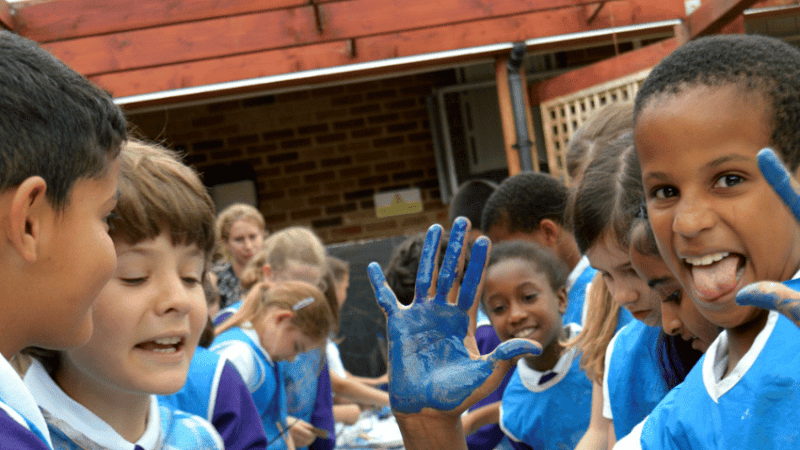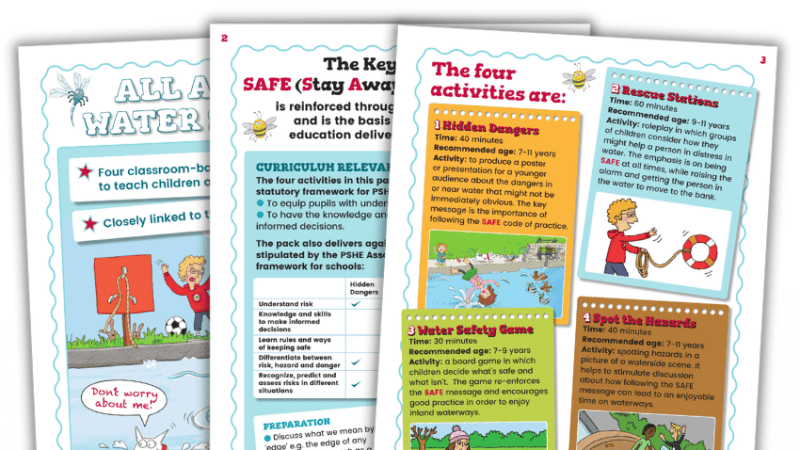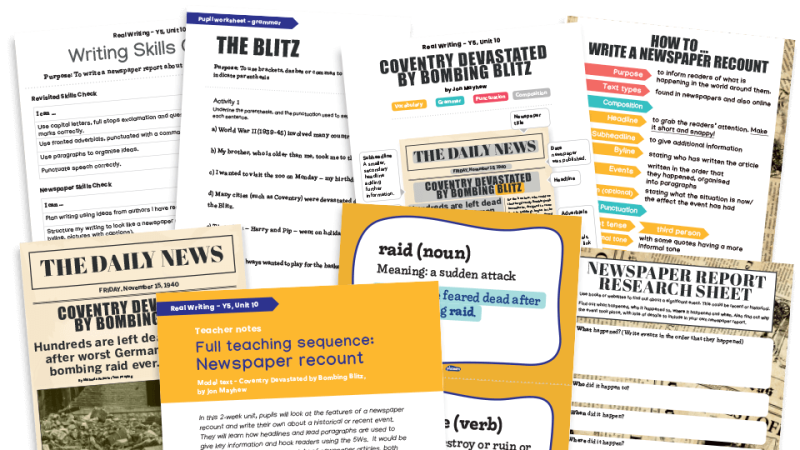Why Boosting Strengths is Better than Fixing Weaknesses – For You, Your Staff, and Your Children’s Development

If you spend your time trying to correct your weaknesses, you won’t be energised or happy

- by Sally Bibb

You may have heard about the strengths movement – it’s an approach to understanding, recruiting and developing people that has its roots in humanistic psychology.
Forward-thinking organisations are adopting it. Its core philosophy is that the most positive and productive thing we can do is to be more of who we are, not to try to be something different
So what exactly is a strength? It is something that someone is naturally good at, loves doing and is energised by.
Our strengths are innate. We know from neurobiology that they are developed by the time we reach our mid-teens. By then we are who we are and don’t change very much. We can learn new skills or acquire new knowledge, but what we are like as a person fundamentally doesn’t change that much.
An example of a strength is loving to connect with other people. Have you ever noticed that great baristas in coffee shops do this? They can’t help it – they can’t not do it.
Another example is the athlete who is naturally competitive. They just have to win. It’s part of who they are.
Key questions
Think of your own strengths as something that you can’t not do. These questions will help you start to uncover your natural strengths:
- What kind of activities energise you?
- What do you love doing?
- What is very important to you?
- What gives you the most personal meaning in your work?
The chances are that those activities that came to mind when you thought about the questions above are drawing on your natural strengths (including your motivators and values). In contrast, think about the following:
- What drains you?
- What stays at the bottom of your to-do list?
- What do you avoid doing if you possibly can?
These are likely to be things that don’t draw on your strengths. Indeed, they may call for you to use your weaknesses. We’re all human and we all have weaknesses. If you spend the majority of your time trying to fix your weaknesses, though, you won’t be energised or happy.
Knowing your own strengths means you can become much more effective as you use them more often and more consciously. It also means you can more readily identify others’ strengths and appreciate them. This goes for the children in your care, of course.
Children’s strengths
Knowing a child’s strengths, values and motivators is like having a personalised ‘manual’ for understanding that child. Are they always drawn to others, do they love to help, do they love things to be tidy, do they like to be in charge?
It’s important not to label people too early, but it’s certainly helpful to notice what they are drawn to. Knowing about and applying strengths-based thinking can make a big difference to a child if…
They lack confidence or self belief – being appreciated for their strengths can change the way people (not just children!) think and feel about themselves. They can go from having very low self-belief to being quite confident just by being validated for their strengths.
They’re very unlike you, so you find it hard to relate to them – it’s hard for any of us to relate to people who are unlike us.
If you’re a teacher or a parent who, say, is naturally optimistic and your child is very analytical and spots flaws in things that can come across to you as not being positive, you may find yourself constantly trying to get them to see the bright side of things.
That can be annoying to an analytical person because it’s not that they don’t want to see the bright side, it’s that they feel at home when they are in analysis mode including picking up on things that you perceive as negative.
You struggle to know how to help them make choices – it’s impossible to help someone to make good choices without knowledge of who they really are, deep down. Without this knowledge you could be inadvertently encouraging them to live someone else’s life!
It’s great to encourage children to try new things so that they discover more about themselves and what they love. The more they can discover their true nature and go in that direction, the happier they will be.
As with anything, you just need to be careful not to limit them by pigeon-holing them. You can do this by encouraging them to try new things, asking them what is it that they love about the things they love, listening to them carefully and encouraging to keep trying new things to help them discover more about themselves.
What difference can it make?
Appreciating children for their strengths and encouraging them to try anything that they are drawn to can make a big difference to their confidence and happiness. Whether they like any given activity or they don’t, encourage them to reflect on what they like and don’t like. Ask them questions like these:
- What was it like for you doing x?
- What did you like about x?
- What made you happy about it?
- What other things do you like doing and get excited by?
- If you didn’t like it, what was it that you didn’t like?
- Are there parts that you liked?
Of course, children can get annoyed at too many questions at once, but even asking one or two will help you to understand them.
My team and I have found in our work that discovering people’s strengths can transform their lives and help them appreciate others around them. It’s a simple, common-sense notion that athletes have long understood – thank goodness this insight is reaching other arenas now!











